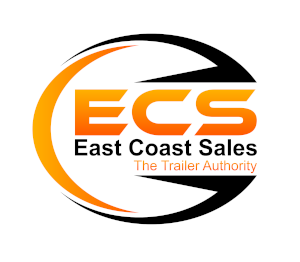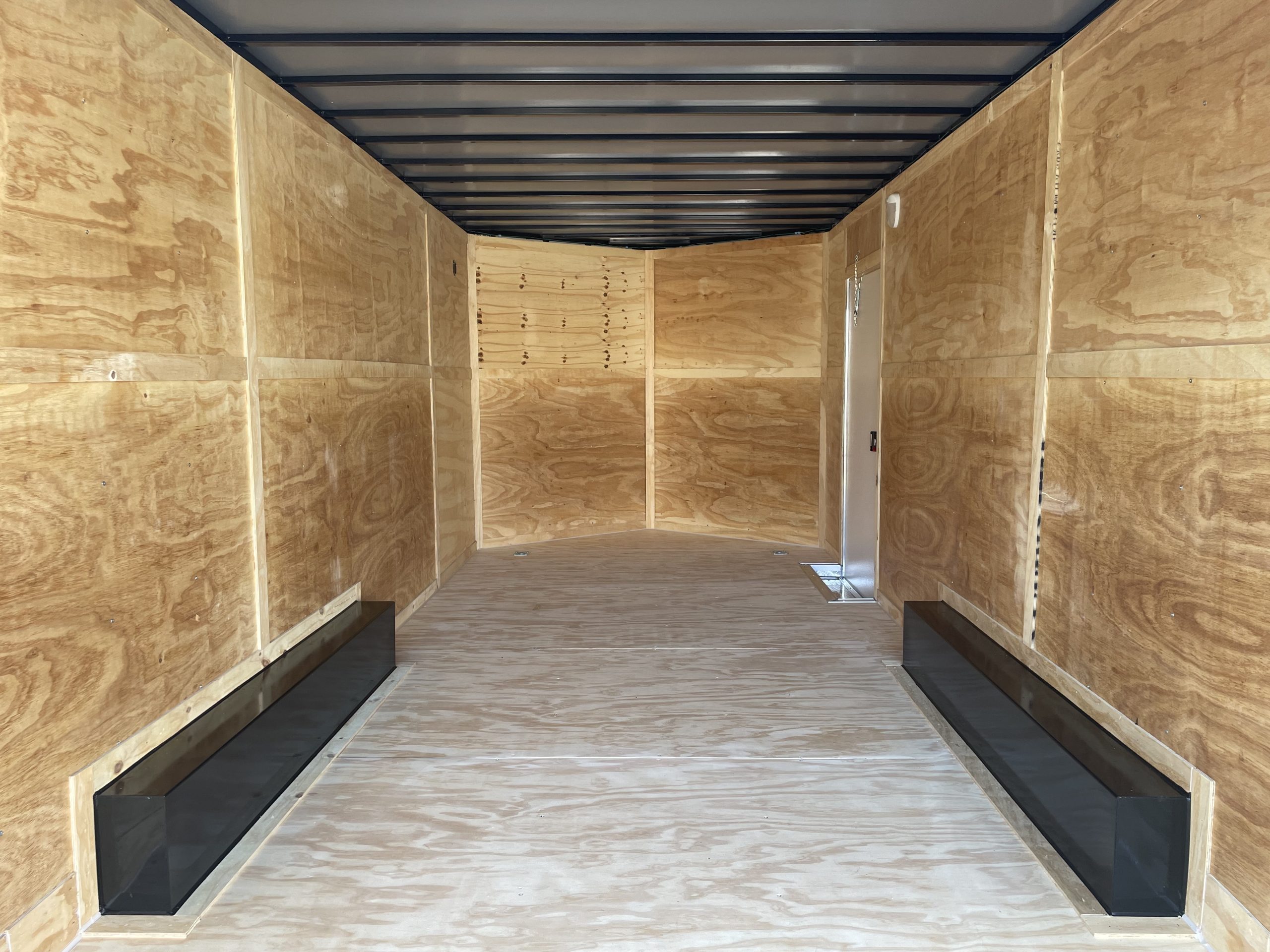How to select the right trailer for my business in Raleigh, NC
Selecting the right trailer for your business in Raleigh, NC, involves considering several factors to ensure it meets the specific needs of your operations, complies with local regulations, and fits within your budget. Here’s a step-by-step guide to help you choose the right trailer:
- Assess Your Business Needs
- Type of Goods or Equipment to Transport: Determine what you will be hauling. Different types of trailers are designed for different uses:
- Utility Trailers: Great for general-purpose hauling of equipment, tools, and materials.
- Cargo Trailers: Ideal for transporting goods that need to be protected from the weather.
- Flatbed Trailers: Suitable for oversized loads or items that don’t need to be enclosed.
- Dump Trailers: For businesses in construction or landscaping, where debris or loose materials need to be hauled.
- Enclosed Trailers: Perfect for businesses that need to protect goods from the elements, such as moving companies or delivery services.
- Refrigerated Trailers (Reefers): Essential for businesses in the food, pharmaceutical, or temperature-sensitive industries.
- Volume and Size of Load: Estimate how much weight and volume you will be transporting. A trailer that’s too small will limit your capacity, while one that’s too large might waste fuel and space.
- Consider whether you need a single-axle or dual-axle trailer. Dual-axle trailers can handle heavier loads and are generally more stable.
- Measure the length, width, and height of the cargo you plan to carry to ensure the trailer fits comfortably.
- Understand the Local Climate and Terrain
- Weather Conditions in Raleigh: Raleigh experiences hot, humid summers and mild winters, which could affect the types of trailers you choose.
- If you’re transporting temperature-sensitive goods, a refrigerated trailer may be necessary.
- Trailers with weather-resistant materials (like steel or aluminum) will stand up better to rain and humidity.
- Terrain: If you plan to transport goods over rough terrain or construction sites, you may need a heavier-duty trailer or one with off-road capability.
- Compliance with Regulations
- Weight Limits: Ensure the trailer can handle your load without exceeding local weight limits. In North Carolina, the maximum allowable weight for a single trailer is 34,000 pounds, but this can vary depending on the number of axles and other factors.
- License and Registration: Trailers in North Carolina need to be properly registered and licensed. You’ll need to verify that your trailer is compliant with the state’s laws, including any weight restrictions, brake requirements, and lighting laws.
- Permits: If you plan to haul oversized loads, you might need special permits in North Carolina, which may involve additional equipment such as escort vehicles.
- Trailer Materials and Durability
- Steel vs. Aluminum: Steel trailers are more durable and can handle heavy-duty loads, but they are heavier and more prone to rust, especially in humid areas like Raleigh. Aluminum trailers are lighter and more resistant to rust but may not be as strong as steel, making them better suited for lighter loads.
- Galvanized or Powder-Coated Finish: If you’re concerned about the trailer’s lifespan in humid conditions, look for a galvanized finish or powder-coated steel to resist rust and corrosion.
- Wood vs. Metal Flooring: For hauling equipment or construction materials, metal floors are durable and easier to clean. For lighter items, wood flooring might be a more affordable and suitable option.
- Consider Your Towing Vehicle
- Make sure your vehicle can tow the trailer safely. Check your vehicle’s towing capacity (including the maximum tongue weight and total weight) to ensure compatibility with the trailer you select.
- Be mindful of the trailer hitch you’ll need, whether it’s a ball hitch, gooseneck, or fifth-wheel. Ensure that your towing vehicle is equipped with the appropriate hitch and wiring for trailer lights and brakes.
- Trailer Brakes and Safety Features
- Brakes: For trailers weighing more than 3,000 pounds, the North Carolina Department of Transportation (NCDOT) requires a braking system. Depending on the trailer size and weight, you may need either electric brakes or hydraulic brakes. Ensure your trailer’s brakes match the towing vehicle’s capabilities.
- Safety Features: Some trailers may come with additional safety features, such as breakaway systems (automatically applying the trailer’s brakes if it detaches) or LED lighting for better visibility.
- Budget and Financing
- Price Range: Trailers come in a wide range of prices, from budget-friendly options to more expensive heavy-duty models. Determine your budget and stick to it, but remember that sometimes investing in a higher-quality trailer can save you money in the long run due to lower maintenance costs and greater durability.
- Financing Options: If the upfront cost is a concern, look for trailer dealers in Raleigh that offer financing plans or lease-to-own options for your business.
- Maintenance and Longevity
- Consider the maintenance requirements of the trailer. Regular maintenance, like checking the tires, inspecting brakes, and cleaning the trailer, is essential to ensuring it remains in good working condition.
- Some trailers require more upkeep than others, particularly if they’re exposed to harsh weather conditions. Ensure that the trailer you choose aligns with your ability to maintain it over time.
- Brand Reputation and Dealer Support
- Research reputable trailer brands known for their quality and durability. Look for companies that provide warranties and reliable customer support in case you need repairs or parts.
- When buying a trailer in Raleigh, visit local dealers or online marketplaces and read reviews about their customer service and the quality of the trailers they offer. A good dealer will assist with everything from the buying process to providing long-term support.
- Trailers for Specific Industries
- If your business has specific needs, consider trailers designed for those industries:
- Landscaping businesses: Dump trailers or enclosed trailers with ramp gates for easy loading.
- Construction companies: Flatbed trailers, heavy-duty utility trailers, or dump trailers.
- Moving or delivery businesses: Enclosed trailers for secure, weather-resistant transport.
- Food and beverage: Refrigerated trailers for maintaining temperature-sensitive items.
Choosing the right trailer for your business in Raleigh, NC, requires a thorough understanding of your needs, local regulations, and the trailer’s durability. Consider the type of cargo, weight capacity, weather resistance, and towing requirements. Ensure the trailer aligns with your vehicle and business needs while staying within budget. By evaluating these factors, you can select a trailer that will support your business operations and help your company grow.
When you need the very best trailer and only want 5 star customer service come visit us at East Coast Trailer Sales. We are the triangle’s premier trail sales specialist. We can help you select the perfect trailer for your needs and get you on the road quickly. To learn more visit us online at https://www.eastcoastsales.com/ or check out our social media at https://www.facebook.com/eastcoastsalesraleigh . To browse our inventory, please visit https://www.eastcoastsales.com/inventory/ .
To speak to an expert call us at (919) 661-1045 today.

